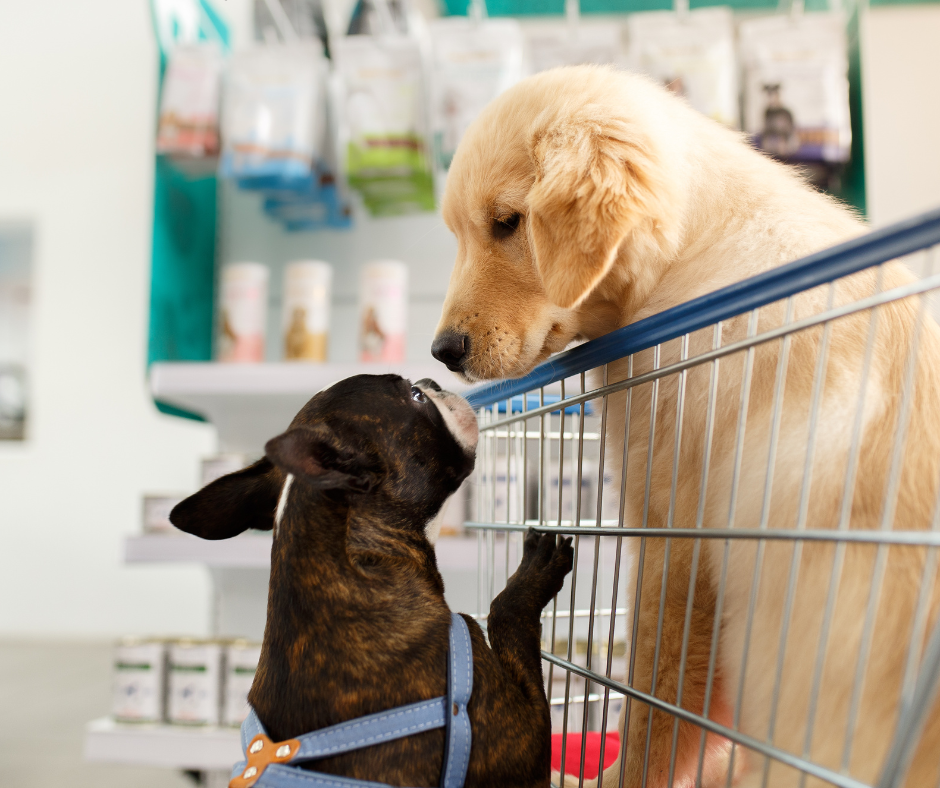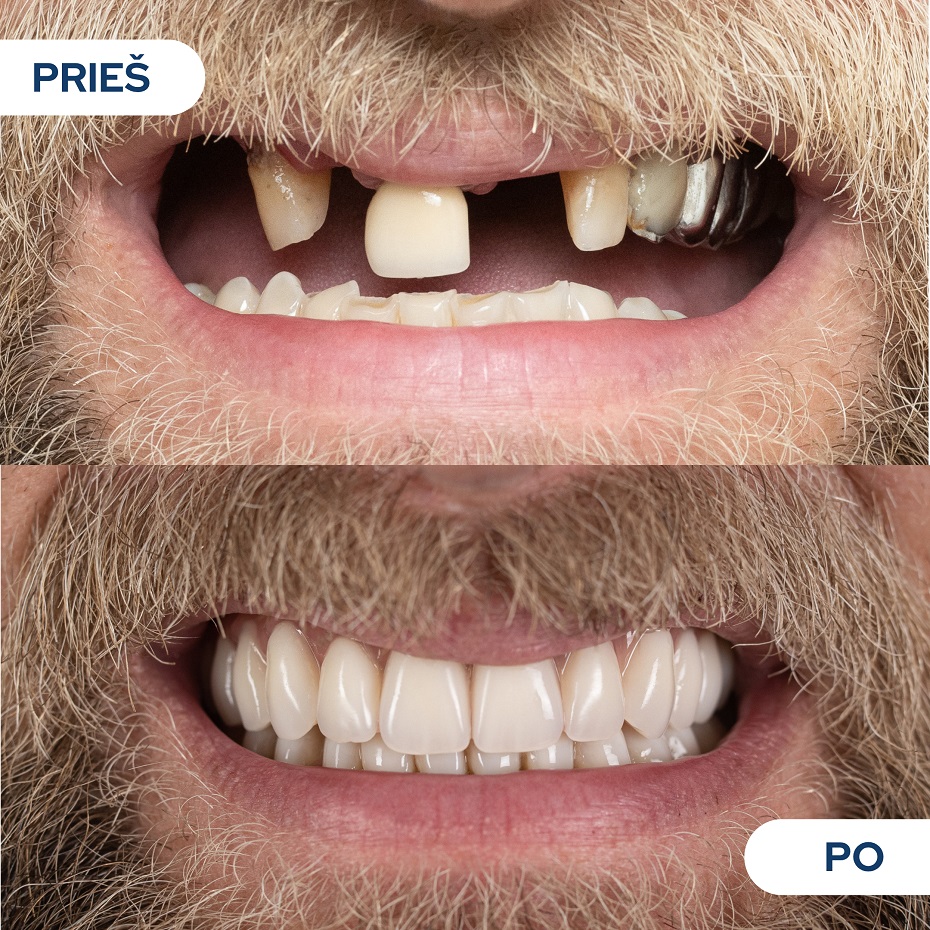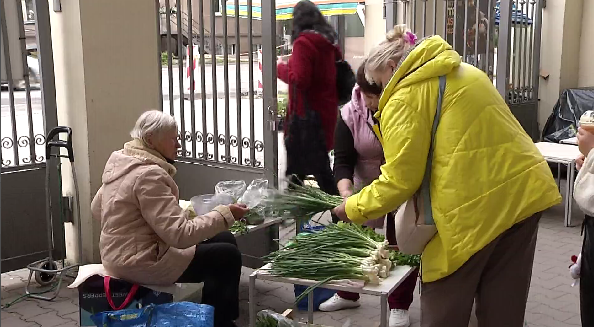You cannot leave to marry. Where does the comma put in the supermarket?

Only with a dog wizard
Gintarė Kitė, the communications manager at the Iki retail chain, commented that food stores in this network could only visit buyers with dog guides or assistants. In order to use the assistance of a dog helper, a person with a disability must have a document confirming the accreditation of a dog helper.
« According to applicable legislation, there are unable to be in the shopping hall with dogs, cats or other pets. There are non -finger foods, strict product safety and hygiene standards, so unfortunately pets will have to be left at the entrance to the store.
True, she notices that while buyers see signs at the door, they still try to get lost with animals. « In order to ensure product safety and hygiene, security guards access customers and informs about the rules in force at the point of sale, » says Kitė.
For small – green light
Lina Skersytė, Public Relations Manager at Lidl Lietuva, also says to Gitove. According to her, shoppers who need a dog wizard can always shop in the store. In this case, the person can shop in the store with the pet and take him together.
« However, we understand that sometimes customers also come to the store with extremely small pets, even in the buyer’s purse. In this case, we look understandably, and when we bring the pet to the shoppers, please ensure that hygiene standards and security do not contact the products,
Insurance: Food stores can not be used to plant dogs in carts. / Photo by canva.com
Are afraid of allergy sick
Maxima, Rimi and Norfa are essentially a similar policy. Maxima spokesman Titas Writevicius says that pet stores themselves can cause great stress due to a considerable bustle, different scents and an unusual environment and their behavior to become unpredictable.
« We note that there are a variety of people visiting shops, such as the fear of dogs with allergies to animals. We strive to make every visitor feel safe, so we hope to understand the visitors with pets. The absolute majority of buyers, warned that animals cannot visit the store. »
Large – at the stands
In supermarkets, Norfa can sometimes see customers carrying not only products purchased, but also four -legged friends.
People realize that where foods and dishes are sold, pets are better off.
According to Darius Ryliškis, a spokesman for the retail chain, customers with small breed puppies come to their shops. Security staff let the animals be carried in a bag that is adapted to them. Larger breeds of dogs are asked to leave outdoors at them.
Sometimes puppies and shopping in shopping can also be seen at outlets. D. Ryliškis recalls that in this case, due to the hygiene and sanitation, the pet should be squatted on a bag for him.
Buyers can feel calm
Dalia Čenkienė, Head of Marketing and Public Relations at Rimi Lietuva, claims that it is important to comply with the laws that ensure food safety and the quality of food for sale, so they invite buyers to Rimi stores without pets. True, this supermarket, like others, is open to those arriving with the dog guide.
« Our customers are really conscious, so there are no conflicts with security guards – people realize that where foods and dishes are sold, pets are better not to leave. It is common to leave them at shops – their accesses are monitored with video cameras, so buyers may feel calm, » says D. Čenkienė.
The practice is greeted but does not take off
Practice is gaining in popularity abroad that supermarkets are becoming more open to pets, but our supermarkets, although congratulating the experience of other countries, do not want to open the door to four -legged.
« Recently, pets have become more friendly to public spaces. In Lithuania, there is also a growing number of big supermarkets, friendly animals. However, they are being led in common areas or outside grocery stores.







